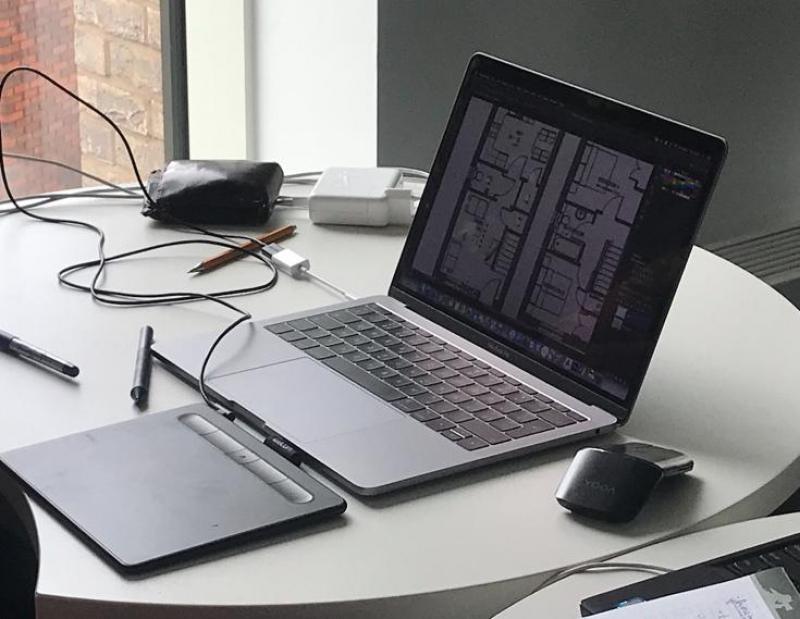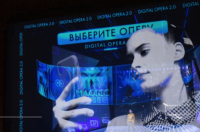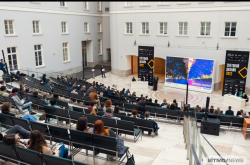The universities participating in the international educational “experiment” are the University of Mons (Mons, Belgium), ITMO University (St. Petersburg, Russia), the Polytechnic University of Catalonia (Barcelona, Spain), the University of Montpellier (Montpellier, France), and the University of Bath (Bath, the UK). During this five-day workshop, students – designers and architects – will explore the topic of housing for the elderly in a post-pandemic society.
The project was initiated by a team of eight lecturers and language specialists who have joined their forces to create a virtual learning space.
The teaching team includes Fany Cérèse, a professor at the Department of Gerontology, Faculty of Medicine, the University of Montpellier (France); Chaima Seddiki, a PhD at the Faculty of Architecture and Urban Planning, the University of Mons (France); Miguel Usandizaga, a professor at Vallès School of Architecture (ETSAV), the Polytechnic University of Catalonia, and others.
ITMO University is the only partner university from Russia and will be represented by Daria Chirimisina – a lecturer at ITMO’s Creative Lighting Department (CLD ITMO), co-developer of the Assessment of Perception: Visual, Cognitive, and Emotional discipline, and a laureate of LIT Design Awards 2017 – an international professional award in the field of innovative lighting design. Daria Chirimisina will give an introductory lecture on the features and basic principles of lighting for the elderly.
The line between freedom and security
According to experts, in developing countries, the share of older people in urban communities will multiply 16 times to a total of 908 million. However, the event’s organizers are confident that we can learn a lot from the COVID-19 crisis, as the long-lasting impact that the virus has had on communities across the globe has reinforced and deepened inequalities not only in terms of well-being but also in terms of health, gender, and age.
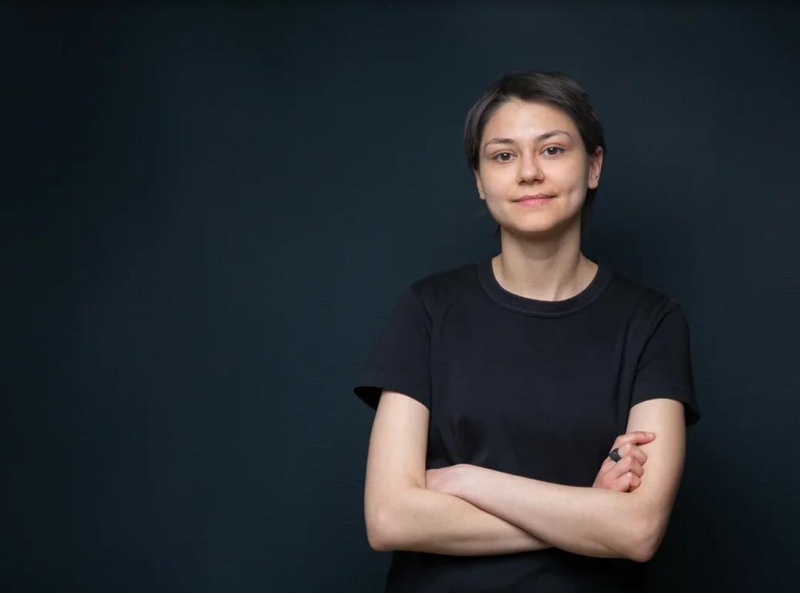
“The idea of a virtual lab emanated from an inter-university discussion on the role of architecture and lighting for older people in a post-pandemic society. Amid the outbreak of coronavirus, people in this group were affected the most and often had to spend a lot of time in confined spaces either for self-isolation or quarantine. Therefore, architects and lighting designers today face a new challenge. They have to find the dividing line between freedom and safety of the elderly during the pandemic and post-pandemic and this line is extremely thin. The house, as the main place of life for the older generation, must meet the changing needs of its residents. During our online workshop, students will try to find solutions to these pressing issues,” says Daria Chirimisina.
Students will work in interdisciplinary and multicultural teams so as to help them develop a transdisciplinary mindset that will let students apply an integrated approach and take into account various points of view. Working in teams facilitates the students’ reflective approach, intercultural exchange, and language skills.
“The ability to communicate with other cultures in a correct, effective, and appropriate manner is an essential skill that helps us establish dialogue and ensure that all voices are heard,” the organizers say.
In total, there are five groups of six students, including 17 Master’s students of ITMO University’s Lighting Design program.
“It is important for lighting designers to learn to work together with architects. The project will help students unite, exchange knowledge, gain experience of communicating with their international colleagues from other universities, as well as improve their language and communication skills,” says Daria Chirimisina.
Moreover, COVID – CARE LAB is also a kind of exercise in honing one’s open-mindedness to different values. Here, students will develop an attentive attitude towards the older generation and adopt a person-centered approach in architecture and lighting design.
The online workshop will take place on the Articulate platform.
“There will be tasks and video lectures, as well as seminars and consultations that are conducted in real time. This platform is primarily aimed at students. There, they can find all the information about the online workshop and its goals, and get to know the teaching team and other participants,” says Daria Chirimisina.
The first step is important
Each day the teams are assigned a specific task. On the first day of the workshop, students reflected on concepts such as feeling at home, security, (self-)isolation, and confinement, as well as watched the video lectures that the teaching team has prepared for the students.
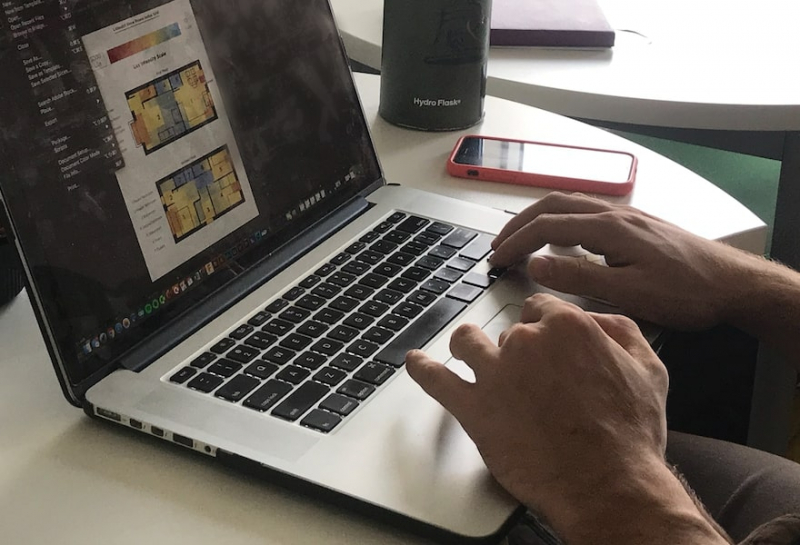
The second day will start with a lecture on the topic of how dementia affects relationships with built environments by the guest lecturer Dr. Kevin Charras, an environmental psychologist at the Rennes University Hospital (France).
Over the course of five days, students will also solve practical problems – architects will design spaces for the elderly, and lighting designers will create lighting solutions for these spaces.
The final assignment, on November 13, will be to present their final works to all of the project’s participants. Invited gerontology specialists will evaluate the students’ works in terms of their relevance to the needs of older people.
“Comfortable lighting for older people should take into account a number of features. For example, when designing interior spaces you should avoid materials that cause glare and glossy surfaces, and give preference to matte ones. You also need to carefully work with the contrast of lighting, understand the peculiarities of visual perception in old age, and so on,” says Daria Chirimisina.
The COVID – CARE LAB online workshop is a pilot project.
“As representatives of ITMO University, we are participating in such an experiment for the first time, just like our international colleagues,” the organizers of the project say. “After the completion of the workshop, we want to ask students and professors for feedback. If they find it important and interesting, we will carry on with this project. Today, it’s crucial to take the first step and we have already done it by joint efforts.”
Information provided by CLD ITMO University
